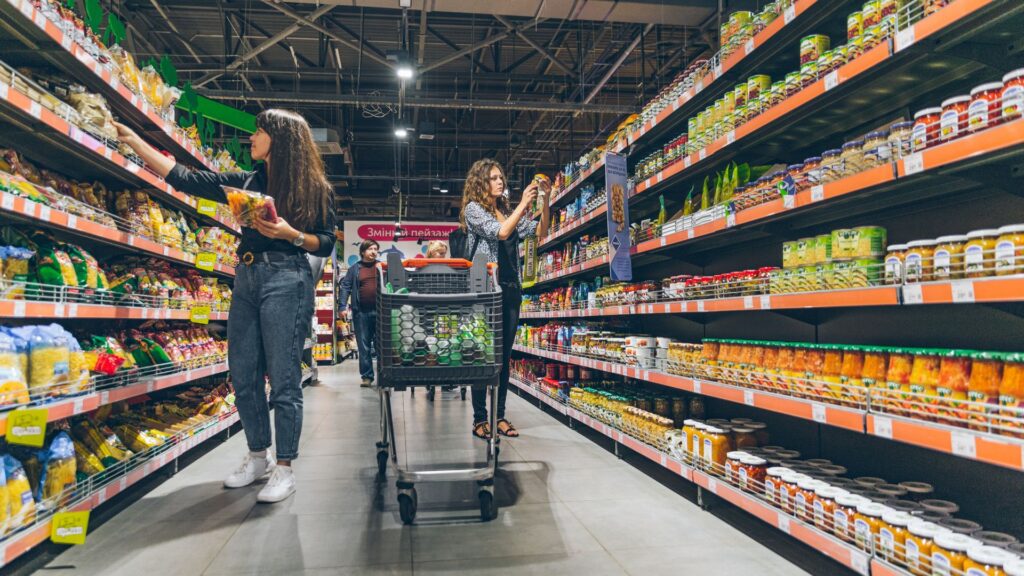What is foot traffic?
Foot traffic, also known as occupancy, is the number of people entering and exiting a retail store, or other public space, at any given time.
How is foot traffic measured?
There are various tools and methods available to measure foot traffic and occupancy. Traditional methods include physical people counters, where a staff member uses a small handheld device to track people entering the store. However, this method has largely made way for automated, sensor-based people counting, which tends to be more accurate. Modern methods employ sensors and, often, 3D footfall cameras to count people entering and exiting the store, and the data shows store occupancy in real-time and can be a very useful indicator of store performance.
Why is foot traffic data useful?
Foot traffic and store occupancy are a vital measure of retail store performance. • According to Retail Dive, 60% of retailers report that in-store analytics help them identify areas where they can improve customer experience.
Here we explore some of the keys ways retailers can optimize their operations and improve customer experience.
Optimize staffing
Retailers can use foot traffic data to optimize staff and resource allocation to deal with customer volume during busy days and times of day, and ensure that customer service does not suffer due to lack of staff, as well as save on labor costs by employing fewer staff during quieter periods.
Analyze and improve marketing effectiveness
By understanding how customers respond to certain marketing campaigns, businesses can adjust their strategies to better reach their target audience. Data can help identify whether existing marketing campaigns are having a noticeable effect on the number of customers coming through the doors, and help retailers make improvements to future campaigns to attract more customers.
Compare store performance
By measuring footfall in each store, retailers can identify which stores are performing well and which are not, and plan store improvements accordingly.
Measure in-store conversion
Conversion is a key performance indicator for any retail store. Occupancy or footfall data is critical to measuring conversion, with the total volume of customers entering the store being matched with sales revenue to determine how many people entering the store are actually making a purchase.
Why is it important for footfall analytics to be accurate?
Accuracy is key when it comes to footfall data. While a small error in calculation may not seem very important, a percentage point or two can actually make a huge difference to measuring in-store conversion and getting an accurate picture of store traffic and performance. This is why it is important to choose a tool that guarantees over 99% accuracy, and that can measure occupancy in real-time. Sensor-based technology and 3D footfall cameras are considered the most effective and accurate for measuring foot traffic.
How can retailers make sense of foot traffic data?
Capturing data is one thing, but making sense of it is another.
Retailers can make sense of foot traffic data by using analytics tools to generate reports and visualizations. Any tool that measures footfall should include features that allow retailers to easily see trends and patterns, as well as compare data over time and across locations. A good retail analytics solution (for example, Walkbase TREQ) will have an intuitive and easy-to-use interface, and the ability to easily generate graphs, charts and other visual representations of data.
